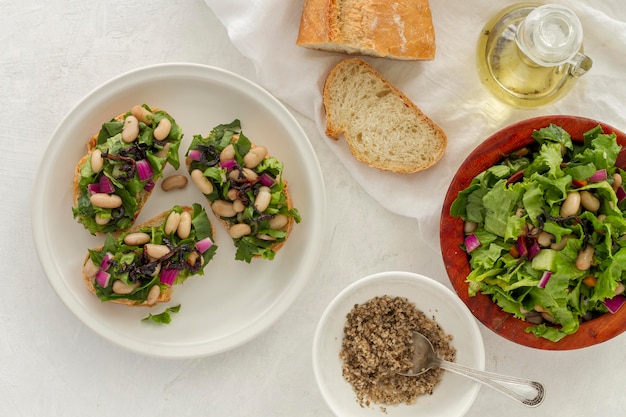Joint pain affects millions, often linked to inflammation, aging, and lifestyle factors. While medication plays a role, diet is a powerful tool in protecting joint health. Two popular eating plans—low-carb and Mediterranean—frequently come up in conversations about reducing inflammation and improving mobility. But which one truly supports joint protection better? And how can you track progress and stay motivated?
Chronic inflammation is a key driver of joint degeneration, especially in conditions like osteoarthritis and rheumatoid arthritis. Certain foods can either fuel or fight inflammation. Diets rich in processed sugars, trans fats, and refined carbs tend to worsen joint pain, while those high in antioxidants, healthy fats, and fiber help calm the immune response.

The low-carb diet focuses on reducing carbohydrate intake—especially refined grains and sugars—while increasing protein and fat. Popular versions include keto and Atkins. By cutting carbs, the body shifts to burning fat for fuel, which may reduce insulin spikes and systemic inflammation.
Some studies suggest that low-carb diets can lower inflammatory markers like C-reactive protein (CRP), potentially benefiting joint health. However, not all low-carb diets are created equal. A version high in processed meats and saturated fats may increase inflammation over time, counteracting benefits.
The key is choosing a balanced low-carb approach: emphasize non-starchy vegetables, healthy fats (avocado, olive oil), nuts, seeds, and lean proteins. Avoid processed meats and excessive red meat, which are linked to higher inflammation.
The Mediterranean diet consistently ranks as one of the healthiest eating patterns. Inspired by traditional diets of Greece, Italy, and Spain, it emphasizes whole grains, fruits, vegetables, legumes, nuts, olive oil, fish, and moderate wine. Red meat and processed foods are limited.
This diet is rich in omega-3 fatty acids (from fatty fish like salmon), antioxidants (from colorful produce), and monounsaturated fats (from olive oil)—all known to combat inflammation. Research shows that people following the Mediterranean diet report less joint pain and stiffness, especially in rheumatoid arthritis.
A 2023 study found that individuals on a Mediterranean-style plan had significantly lower levels of inflammatory markers and improved physical function compared to those on standard Western diets.

Whether you choose low-carb, Mediterranean, or a hybrid, tracking helps you stay consistent and see results. Try these tools:
Long-term dietary change requires motivation. Use these cues:
While both diets can reduce inflammation, the Mediterranean diet has stronger, broader scientific support for long-term joint and overall health. Its emphasis on whole, plant-based foods and healthy fats makes it a sustainable, joint-friendly choice.
The good news? You don’t have to choose strictly. A low-carb Mediterranean approach—rich in vegetables, fish, olive oil, and nuts, while minimizing grains and sugars—can offer powerful joint protection without sacrificing flavor or flexibility.
Ultimately, the best diet is one you can stick to—one that reduces inflammation, supports your joints, and fits your lifestyle. Start with small, consistent changes, track your progress, and let your joint health guide your choices.

Health

Health

Health

Health

Health

Wellness

Health

Health

Health

Health

Fitness

Wellness

Health

Fitness

Health

Health